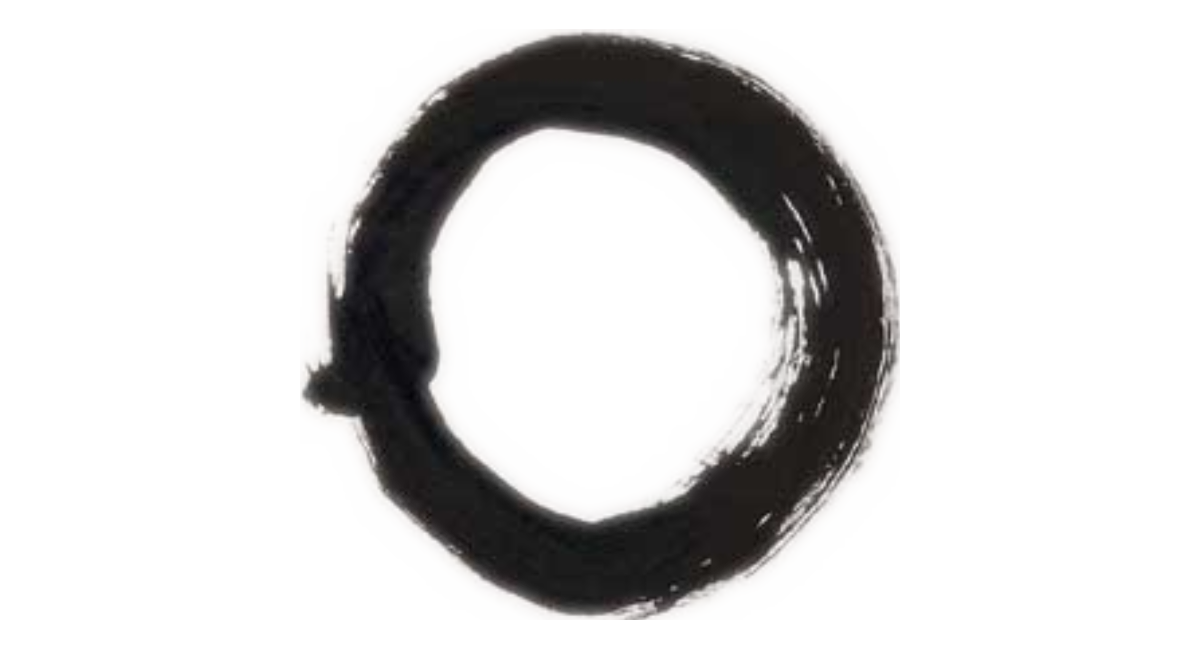Dogen & Adyashanti
Last week, a member of our group, Eve, mentioned Adyashanti, a person I had never heard of before. After the meetup I went online and read his free booklet The Way of Liberation. In it he writes:
“To study The Way of Liberation teachings is to study yourself. To study yourself does not mean to add more knowledge to your cluttered brain’s ideas about yourself, but to remove all of the customary defining characteristics you usually associate self with: name, race, gender, occupation, social status, past, as well as all of the psychological judgments you make about yourself. When the self is stripped down to its essential core, all that can be said about it is: “I am; I exist.”
This seems like a modern version of a core teaching in Soto Zen written by its founder, Zen Master Dogen, in the 12 century:
“To study the Buddha Way is to study the self. To study the self is to forget the self. To forget the self is to be actualized by myriad things. When actualized by myriad things, your body and mind, as well as the body and mind of others drop away. No trace of realization remains, and this no-trace continues endlessly.”
It might be helpful to replace ‘to study the buddha way’ with ‘to wake up’: To wake up is to study the self. In studying the self we begin to realize there is no unique unchanging self. There is nothing we can point to and say There, that bit, that’s uniquely me, me, me. Every thought we have is a product of a vast collection of encounters we have had with others and a host of other events. There’s a bit of your grandfather in you, a bit of your first love, that women that made a funny face at you when you were five, the sloppy kiss of your neighbor’s dog. There’s a trace of emotion still in you from that guy that cut you off in traffic earlier today and from the guy that did the same last week. Innumerable events have shaped your mind. The same with your body. Everything in your body existed before you were born. Thich Nhat Hanh says there are clouds and sun in you as they help create the food you ate to sustain yourself. In studying the self, we see we are part of a vast net of experiences—we are actualized by myriad things. And “when actualized by myriad things, your body and mind, as well as the body and mind of others drops away.” Once we have this realization and become awake, then what? Dogen says we forget about it and get on with our daily life, but with a difference—we live our ordinary life being awake, seeing things as they truly are.
One way to study the self is to sit zazen.
Drawing Circles
 This enso is the calligraphy of Kanjuro Shibata XX
This enso is the calligraphy of Kanjuro Shibata XX
A few weeks back, Trina asked about the meaning of the circles that have appeared on each week’s the sutra cards. In Zen we call this an enso (円相), which is simply the Japanese word for circle. My Zen dictionary says it represents the absolute, the true reality and Wikipedia says it represents “enlightenment, strength, elegance, the universe and the void.” Then again, maybe it is just a circle. Nothing special.
Drawing them is good Zen practice. Too much thinking and you get a squiggly circle. Just doing without practice also leads to uninspired results. Some discipline is required. Give it a try. Get the right amount of ink on the brush; have the right pressure on the brush; be aware of the paper, the brush, the ink, you—then out flows an enso.
subscribe via RSS